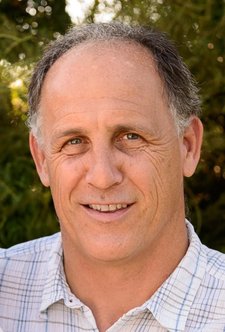
By Kenneth Corbin
March 14, 2024
Sometimes lost in the debates and hand-wringing over Americans’ retirement security is the question of what an ideal retirement looks like for the workers years or decades away from it.
Advisors take note: Two-thirds of respondents to a new Fidelity Investments survey say they are planning for a gradual, phased-in retirement, with large portions of Gen Zers and millennials saying a traditional retirement doesn’t appeal to them.

Dreamstime
The idea of working later, but perhaps in a less demanding and more enjoyable setting, could ease the pressure many Americans feel about saving for retirement. In Fidelity’s survey, three-quarters of respondents voiced confidence about retiring on their own terms, though that figure was lower among women and older respondents.
Fidelity traces much of this sentiment to the experience of the pandemic, when remote and flexible work arrangements became the norm for many workers.
Even as many businesses have been rolling out policies encouraging or requiring more time at the office, the day-to-day reality of work is undeniably different than it was four years ago.
Fidelity’s survey found that 66% of respondents across age groups say the pandemic made them focus more on pursuing their passions and dreams in retirement. That same share of respondents say they expect to do some kind of “work for pleasure” in retirement, which they view as an incremental progression from full-time work to part-time before stopping entirely.
“Americans are approaching their golden years with more intention and opportunity than ever before,” says Rita Assaf, Fidelity’s vice president of retirement products. “As more people rethink retirement, with new goals such as living abroad or starting a business, it’s important to consider the potential impacts to their Social Security, Medicare, and taxes.”
But among Gen Z and millennial respondents, 60% and 58% respectively, say they aren’t looking for a traditional retirement, with many saying they plan to travel or live abroad or start a business after they leave a full-time job.
Despite the strong vote of confidence in a secure, if untraditional, retirement, the survey also found numerous obstacles to those goals weighing on the minds of preretirees. Inflation and worries about having saved enough were the main concerns. Each was cited by 47% of respondents as their leading worry in retirement.
However retirement is defined by the individual, an overwhelming majority (85%) of respondents to the Fidelity survey are looking to transition out of full-time work while they are still healthy enough to enjoy their leisure time, or other pursuits.
The survey found an average target age for retirement of 61-62, though Fidelity notes that the factors respondents cite for determining when they are ready to retire vary by generation, with younger workers saying they are looking to rid themselves of debt and reach career goals, while baby boomers “say they’ll retire when they emotionally ‘feel’ ready,” Fidelity says.
This Barron's article was legally licensed by AdvisorStream.
Dow Jones & Company, Inc.



